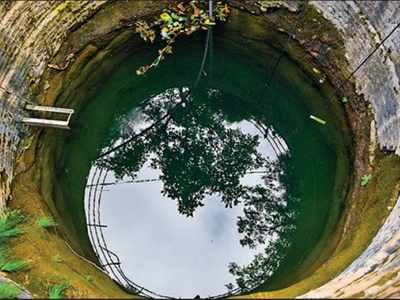Mr. Ola Oresanya, Commissioner for Environment in Ogun State, has called for enhanced collaboration among national and subnational regulatory agencies and professional bodies to safeguard Nigeria’s groundwater resources for future generations.
Oresanya made the call on Tuesday at the 36th Annual Conference of the Nigerian Association of Hydrogeologists (NAH) held in Ibadan. The event was themed: “Sustainable Water Sector Development in Nigeria: Harnessing Innovation for a Water-Secure Future.”
Describing groundwater as “unseen but indispensable,” Oresanya emphasized that decisions made today would determine whether future generations inherit abundance or scarcity, health or hazard. He urged participants to use the conference as a platform to ignite a national movement for groundwater stewardship based on science, sound policies, and collective action.
“The key is to strengthen integration and synergy between national and subnational regulatory agencies and the professional body. The Nigerian Association of Hydrogeologists, where knowledge is embedded, must collaborate more effectively to bridge gaps and harness local capacities and innovations,” he said.
Oresanya also stressed the importance of accurate measurement and data utilization, noting: “Nigeria has about 400 hydrological monitoring stations collecting data daily, but much of this data remains underutilized. We must work with professional bodies to interpret and apply this data for informed policy and innovative solutions.”
In his address, Dr. Martin Eduvie, National President of NAH, highlighted the urgent need for comprehensive reforms in Nigeria’s water sector. He identified weak governance, aging infrastructure, inadequate funding, and limited private sector participation as key challenges undermining water security and sustainable development.
Eduvie noted that groundwater is central to Nigeria’s water, food, and energy security, yet it remains underrepresented in national climate and development planning. He recommended reforms integrating infrastructure renewal, private sector engagement, regulatory compliance, and community-led initiatives, and advocated for a Water-Energy-Food-Ecosystem (WEFE) nexus approach to strengthen cross-sector collaboration and climate resilience.


